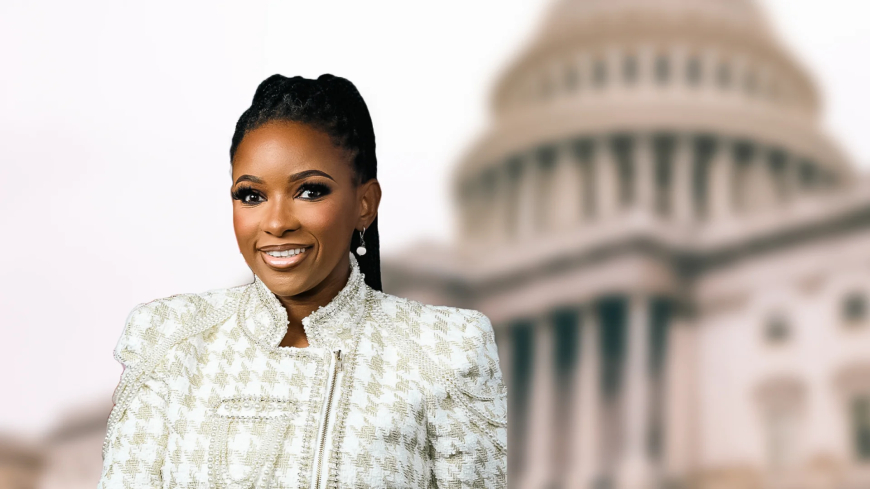Jasmine Crockett Condemns MAGA Rhetoric Amid Charlie Kirk's Death
Rep. Jasmine Crockett criticizes MAGA rhetoric following the assassination of conservative activist Charlie Kirk, highlighting concerns over political violence and inflammatory discourse.

In the wake of the tragic assassination of conservative activist Charlie Kirk, Democratic Representative Jasmine Crockett of Texas has publicly condemned the inflammatory rhetoric associated with the MAGA movement. Her remarks, delivered on national media outlets, come amid heightened tensions in American political discourse and a surge in debates over political violence.
Context of the Incident
Charlie Kirk, founder of Turning Point USA, was shot and killed in a targeted attack in late 2025. The incident sent shockwaves across the political landscape, prompting national conversations about the role of rhetoric in escalating tensions. Immediately following the assassination, many on the political right attempted to assign blame to Democratic leaders, while others called for a thorough investigation without political bias.
Crockett’s response focused on rejecting partisan speculation and emphasizing the need for responsible political dialogue. She highlighted that jumping to conclusions or using tragedy as a tool for political point-scoring only deepens divisions and undermines public trust.
Critique of MAGA Rhetoric
Representative Crockett specifically criticized the language and messaging often tied to the MAGA movement, warning that repeated exposure to aggressive and hostile political rhetoric can contribute to real-world violence. She pointed out that social media amplification of inflammatory content creates an environment where extremists may feel emboldened to act on their beliefs.
Crockett said, “We must understand that words carry weight. Leaders and public figures have a responsibility to speak in ways that unify rather than divide. Political rhetoric should never become a catalyst for violence.”
Her critique was not an attack on any individual but rather a broader warning about the culture of extremism and hostility that can grow when partisan language is weaponized.
Emphasis on Accountability and Reflection
Beyond condemning divisive speech, Crockett stressed the importance of accountability and reflection in politics. She urged both parties to examine how their messaging might impact the public, particularly vulnerable individuals who could interpret political narratives as permission to commit violent acts.
Crockett also called for increased education on political civility, encouraging lawmakers, activists, and media personalities to adopt strategies that prioritize public safety, empathy, and constructive dialogue. She underscored that political disagreement is natural in a democracy, but disagreement should never translate into violence or harassment.
Broader Implications for American Politics
Crockett’s statements highlight a growing concern among policymakers about how political extremism and rhetoric intersect with public safety. Analysts suggest that incidents like Kirk’s assassination could serve as a turning point, prompting both parties to reconsider the tone and framing of their political communications.
Experts note that Crockett’s approach—acknowledging the tragedy while promoting unity and responsibility—reflects an emerging trend among lawmakers who seek de-escalation rather than polarization. By framing the conversation around prevention and awareness, Crockett aims to encourage a political culture that balances free speech with civic responsibility.
Conclusion
Representative Jasmine Crockett’s response to Charlie Kirk’s death serves as a critical reminder that political rhetoric has consequences. In times of national tragedy, she advocates for careful reflection, measured discourse, and policies that prevent violence while fostering healthy democratic engagement.
Her message resonates beyond the immediate incident, emphasizing that words, especially from influential figures, must be wielded responsibly, and that the safety and well-being of citizens must remain a priority in every political conversation.
What's Your Reaction?
 Like
0
Like
0
 Dislike
0
Dislike
0
 Love
0
Love
0
 Funny
0
Funny
0
 Angry
0
Angry
0
 Sad
1
Sad
1
 Wow
0
Wow
0


































